Research and resources on social cohesion theory and best practice.
The Belong Network Library
Research and resources on social cohesion theory and best practice.
Research and resources on social cohesion theory and best practice.
Research and resources on social cohesion theory and best practice.
The Belong Library is free to access and brings together a wide range of online resources produced by the public, private and civil society sectors to build the evidence base around social cohesion.
It is regularly updated and includes:
Please contact us if you are unable to find what you need – we’d be delighted to help.
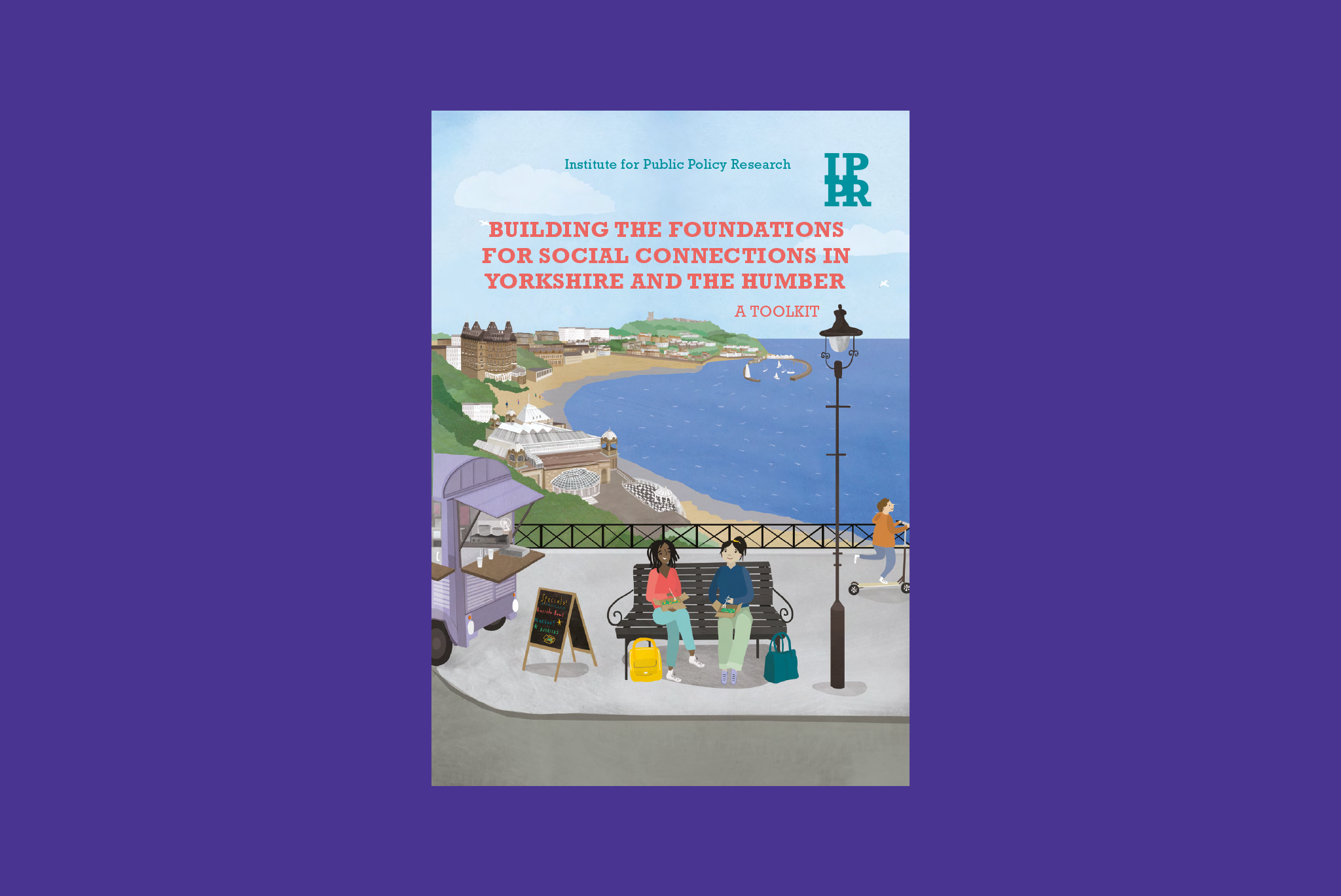
A toolkit to support councils, service providers, voluntary and community groups to support community and belonging. It encourages the reader to think about how they can contribute to creating villages, towns and cities that are welcoming and which invite everyone – no matter their immigration status – into the fold.

This webinar took place on Friday 25 February 2022 to discuss the ‘Together, we can achieve unity’ paper which focuses on tackling hate crime and was produced by Belong – The Cohesion and Integration Network.

This webinar took place on Tuesday 7 December to coincide with the launch of the Power of Sport Digital Toolkit. The toolkit was designed to assist those creating, delivering, commissioning, and evaluating sports programmes aimed at improving integration and cohesion.
The latest webinars from the Beyond Us and Them project.
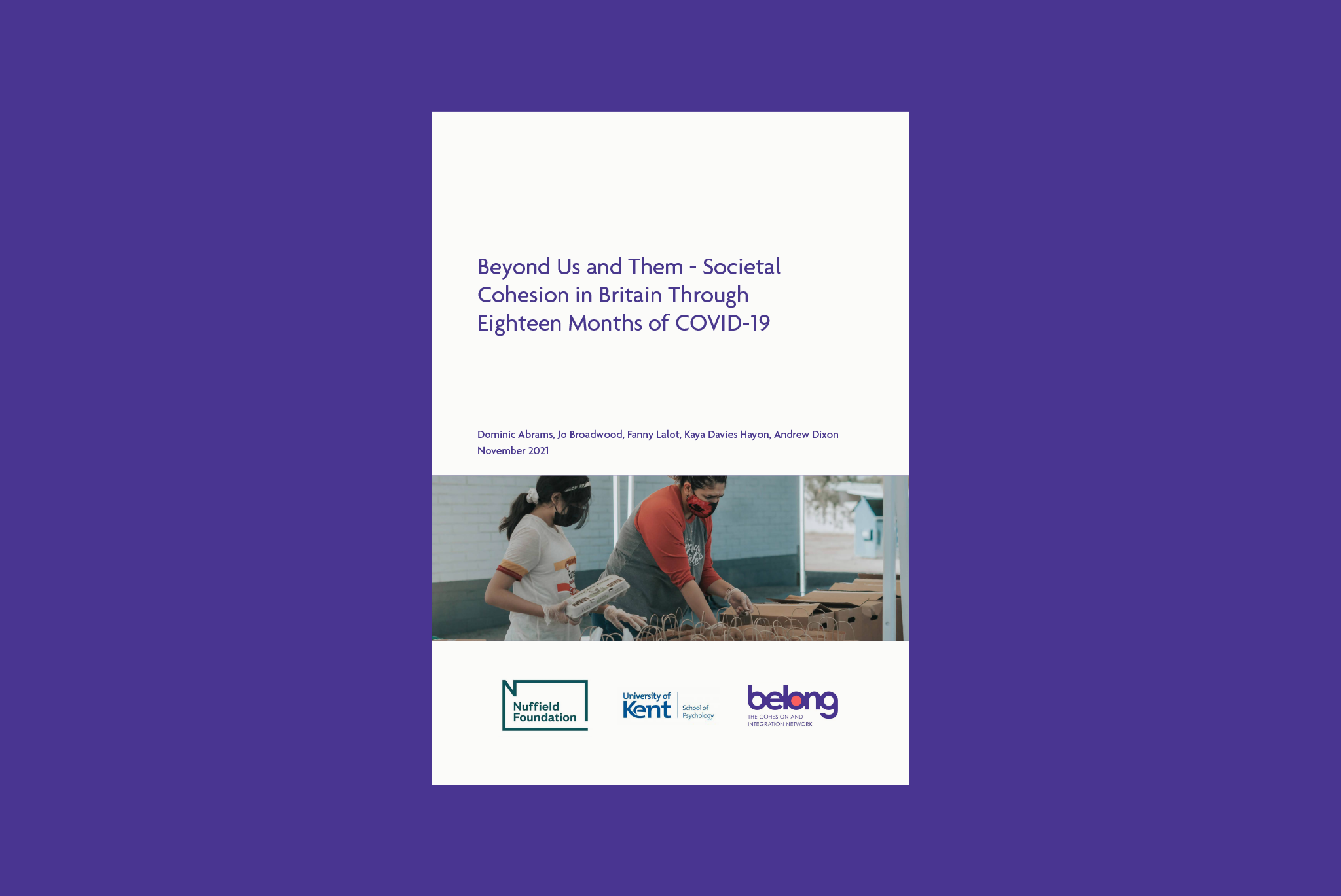
This major report details findings undertaken by Belong in partnership with the University of Kent’s Centre for the Study of Group Processes and funded by the Nuffield Foundation, is one of the largest studies so far into the impact of the pandemic on British society.
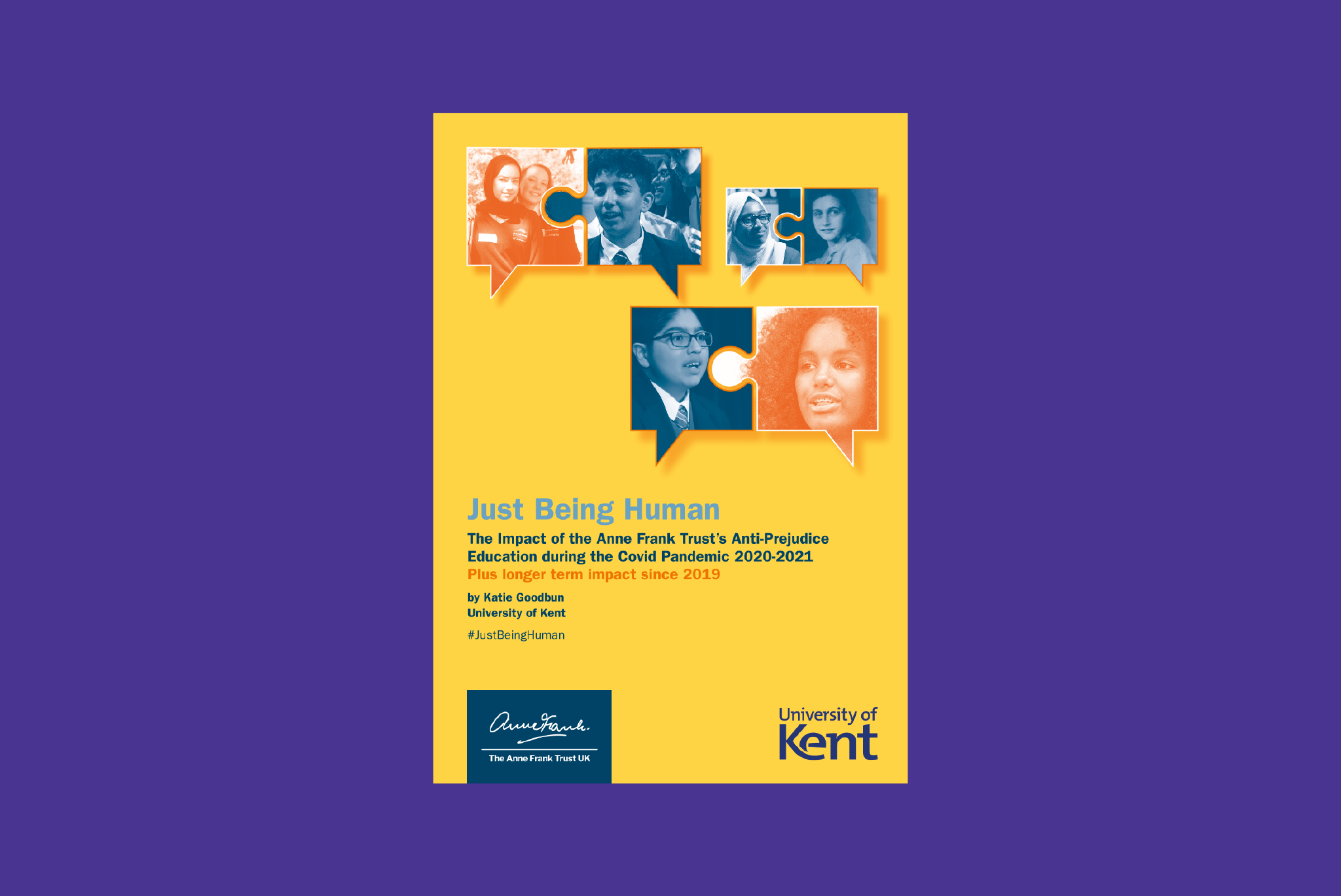
Just Being Human: The Impact of the Anne Frank Trust’s Anti-prejudice Education during the Covid Pandemic 2020 – 21 (Plus longer term impact since 2019).
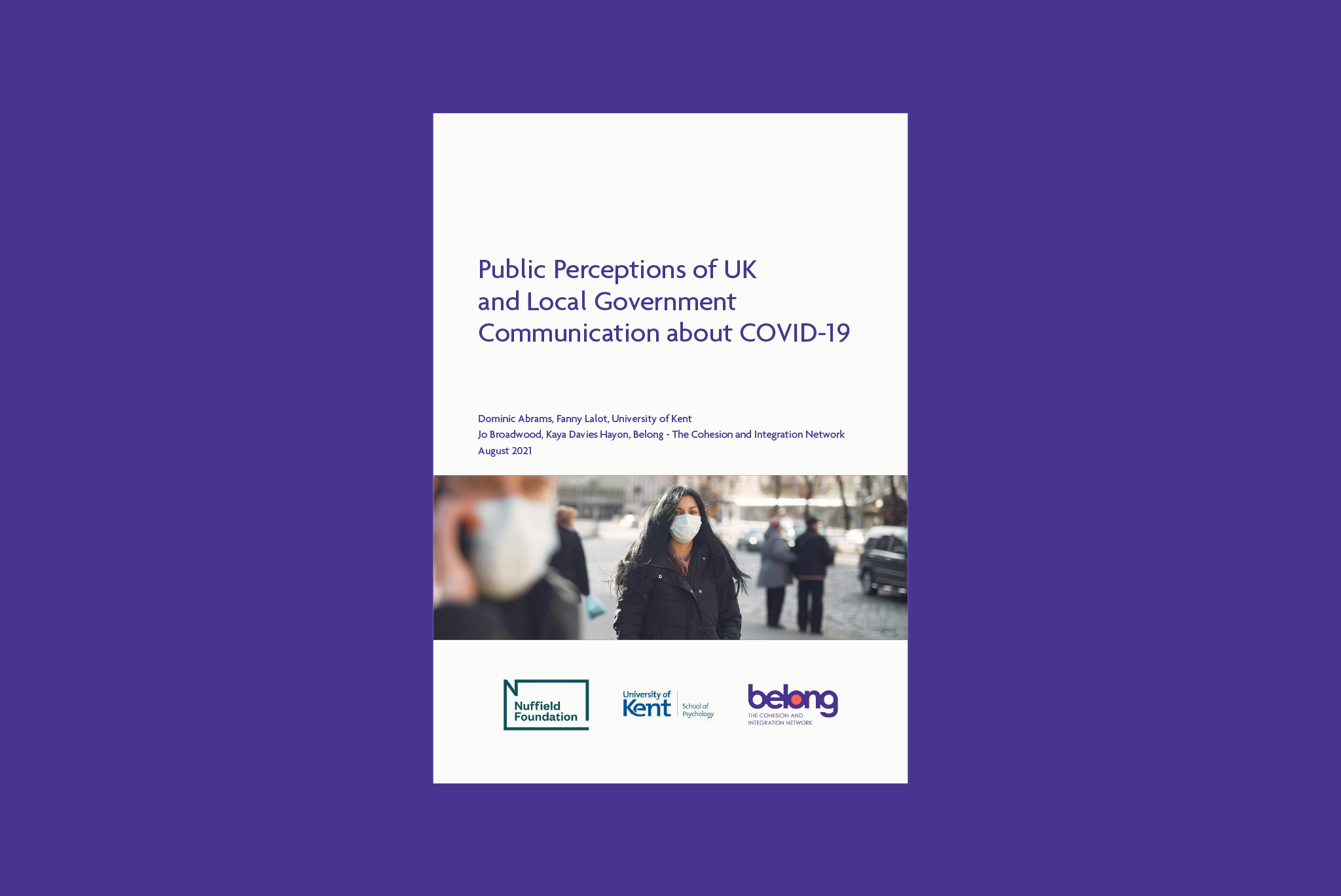
As the government lifts the last of the restrictions on movement and social mixing, this report shares the ‘Beyond Us and Them’ project’s most recent findings, exploring public perceptions of communications about COVID-19 from the UK government and from local government.

This research examined whether respondents from across the UK found government communication about COVID-19 honest and credible, empathic, clear, accessible, and whether it met the needs of their community.

This paper explores the shared learning and best practice examples from eight organisations that delivered projects focused on increasing social cohesion during the pandemic.
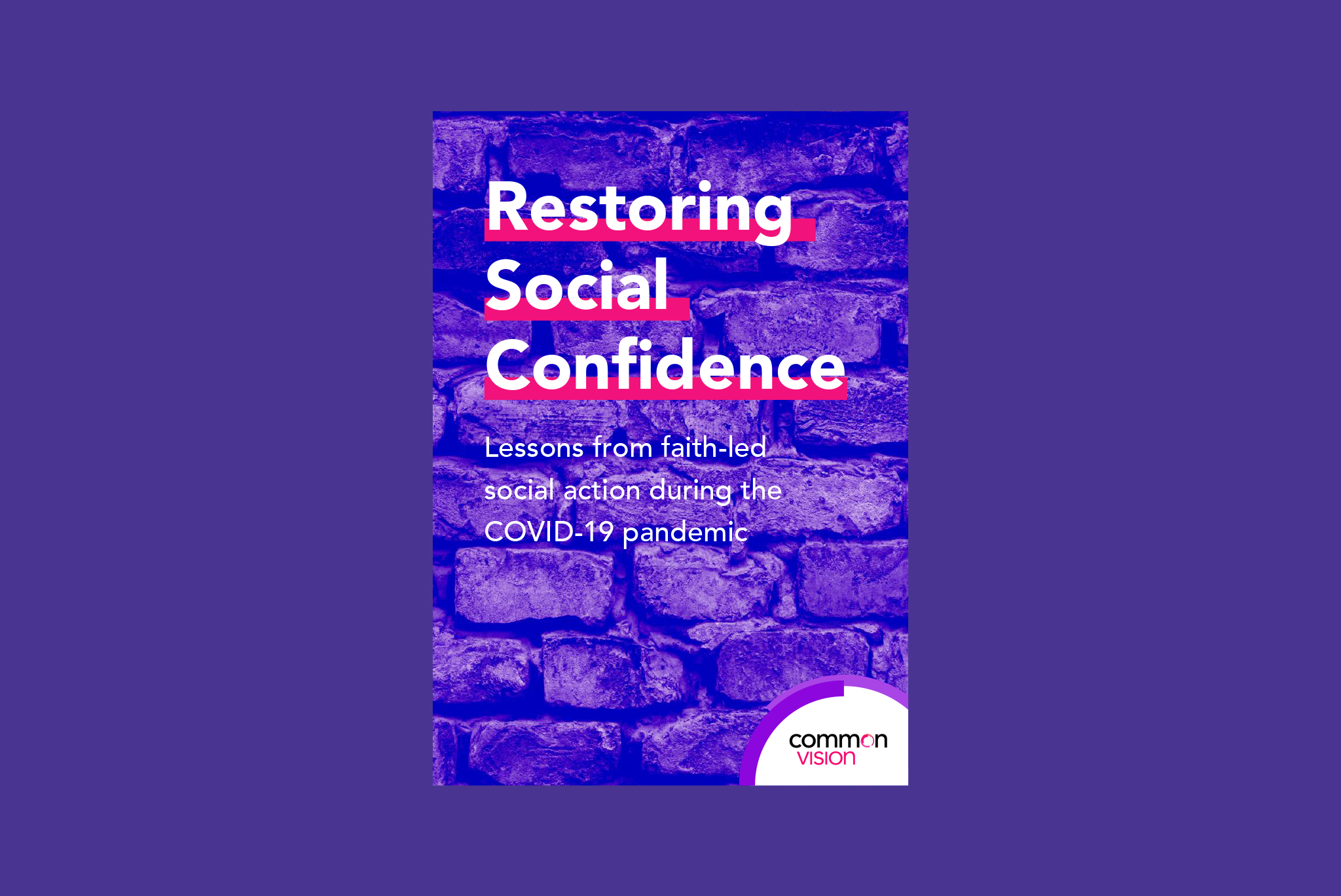
This report based on Near Neighbours work with faith groups and community organisations during the lockdown captures the sadly familiar stories of grief, hunger, isolation, exclusion and domestic violence, but also shines a light on the distinctive contribution of faith-based social action during this time.